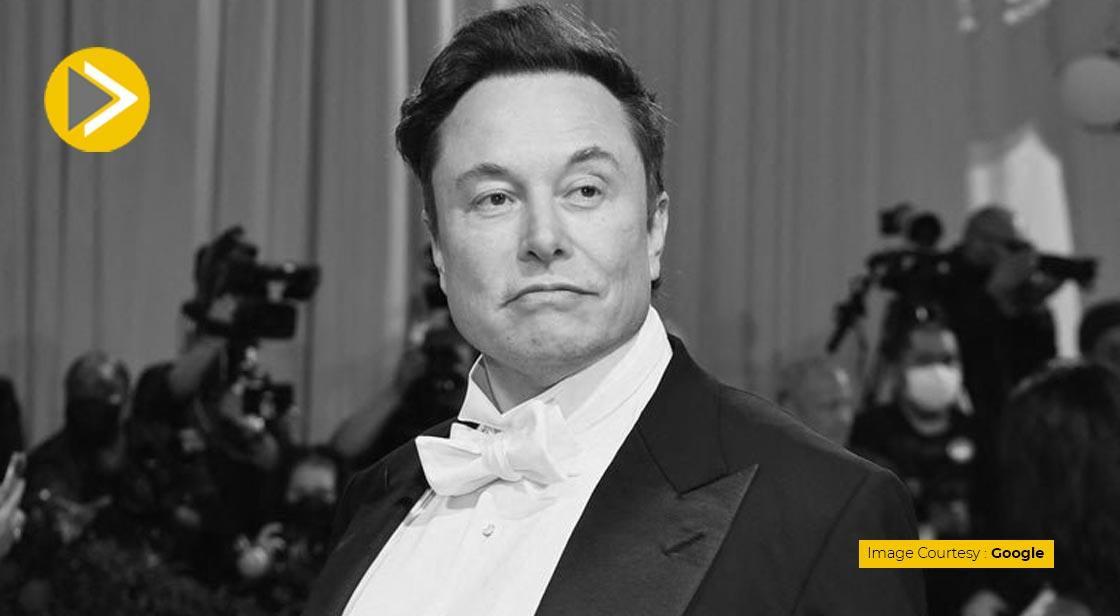Elon Musk Decries India's Absence from UNSC Permanent Seat, Calls Current Structure 'Absurd'

News Synopsis
New York: Elon Musk, the billionaire CEO of Tesla, has voiced his strong opinion on India's absence from the list of permanent members on the UN Security Council (UNSC), emphasizing the need for a reevaluation of the United Nations' structure. Musk termed it "absurd" that India, the most populous country globally, does not hold a permanent seat on the UNSC.
The discussion arose after UN Secretary-General Antonio Guterres expressed concerns about the lack of representation from African nations among the UNSC's permanent members. Guterres advocated for reforms in global governance during a recent post on X, a platform owned by Musk.
Responding to Guterres' remarks, Michael Eisenberg, a US-born Israeli venture capitalist, highlighted India's absence in the UNSC. Musk, joining the discourse, underscored the inadequacy of the current UN structure in representing the world's most populous nations.
Musk stated, "At some point, there needs to be a revision of the UN bodies." He pointed out a systemic challenge where those in power are reluctant to relinquish it. Musk specifically addressed India's exclusion from a permanent seat on the Security Council, emphasizing the discrepancy given India's status as the most populous country on Earth.
Global Governance Reforms:
UN Secretary-General Guterres has called for institutions like the UNSC to reflect the current global landscape rather than one from 80 years ago. He highlighted the need for reforms and trust-building, mentioning the upcoming September Summit of the Future as an opportunity for considering these changes.
India's Pursuit of Permanent UNSC Membership:
India has consistently advocated for reforms in the UNSC, arguing that it deserves a permanent seat at the UN high table. The current composition of the UNSC includes five permanent members – China, France, Russia, the UK, and the US. Only a permanent member holds the power to veto substantive resolutions.
Elon Musk's Critique:
Elon Musk, at 52, brought attention to the prevailing power dynamics within the UN, where major powers resist relinquishing authority. He echoed India's call for a permanent UNSC seat, labeling the current situation as absurd.
A Call for Reimagining Global Governance:
Guterres' call for reform resonated with Musk's suggestion of reconsidering global governance structures. The September Summit of the Future presents a crucial opportunity to address these concerns and rebuild trust in the multilateral system. As prominent voices like Musk amplify the need for an inclusive and representative UN, the world watches to see if meaningful change finally takes shape.
Whta is UN Security Council (UNSC) ?
The United Nations Security Council (UNSC) is the most powerful body within the United Nations system, responsible for maintaining international peace and security. It has the authority to:
- Investigate disputes: The UNSC can investigate any dispute or situation that might lead to international friction or a breach of the peace.
- Take action: It can decide on a wide range of actions, including deploying peacekeeping forces, imposing sanctions, or authorizing the use of military force.
- Make recommendations: The UNSC can make recommendations to the General Assembly on important international issues.
Composition:
The UNSC has 15 members, five of which are permanent members: China, France, Russia, the United Kingdom, and the United States. These permanent members have veto power, meaning they can single-handedly block any resolution. The remaining ten members are elected by the General Assembly for two-year terms, five being filled each year.
Key Functions:
- Maintaining peace and security: The UNSC is responsible for preventing and resolving armed conflicts, addressing threats to peace, and authorizing peacekeeping operations.
- Approving peacekeeping operations: Before any peacekeeping operation can be deployed, it must be authorized by the UNSC.
- Imposing sanctions: The UNSC can impose sanctions on countries or individuals involved in activities that threaten international peace and security.
- Authorizing the use of force: The UNSC is the only body within the UN that can authorize the use of military force against other states.
Criticisms:
- Veto power: The veto power of the permanent members has been criticized for giving them too much power and preventing the UNSC from taking action in some cases.
- Lack of representation: The composition of the UNSC has been criticized for not reflecting the realities of the 21st century, particularly the lack of representation from developing countries.
- Effectiveness: The UNSC has been criticized for its slow and cumbersome decision-making process, which can sometimes hinder its effectiveness in responding to crises.
Despite these criticisms, the UNSC remains the most important body for maintaining international peace and security. Its actions have helped to prevent or resolve numerous conflicts around the world, and it continues to play a vital role in addressing global security challenges.
Current Members of the UNSC (as of October 26, 2023):
Permanent Members:
- China
- France
- Russia
- United Kingdom
- United States
Non-Permanent Members (2024-2025):
- Africa:
- Algeria (2025)
- Mozambique (2024)
- Asia-Pacific:
- Japan (2024)
- Kazakhstan (2025)
- Eastern Europe:
- Slovenia (2025)
- Latin America and Caribbean:
- Ecuador (2024)
- Dominican Republic (2025)
- Western Europe and Others:
- Malta (2024)
- Switzerland (2024)
Term Length:
- Permanent members hold their seats indefinitely.
- Non-permanent members serve two-year terms and two new members are elected each year by the General Assembly.
Presidency:
- The Presidency of the UNSC rotates monthly among the member states in alphabetical order.
Current President:
- Dominican Republic (October 2023)









